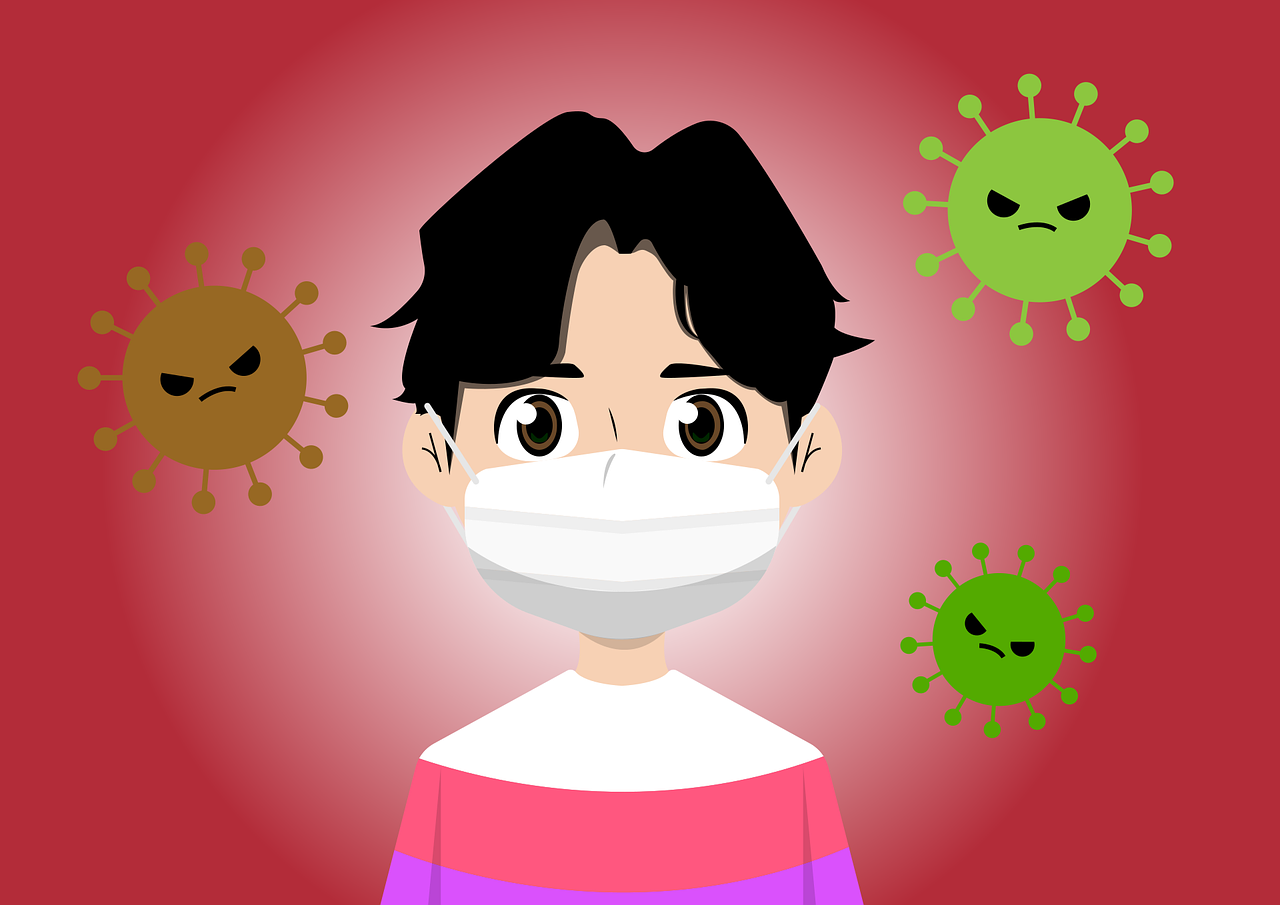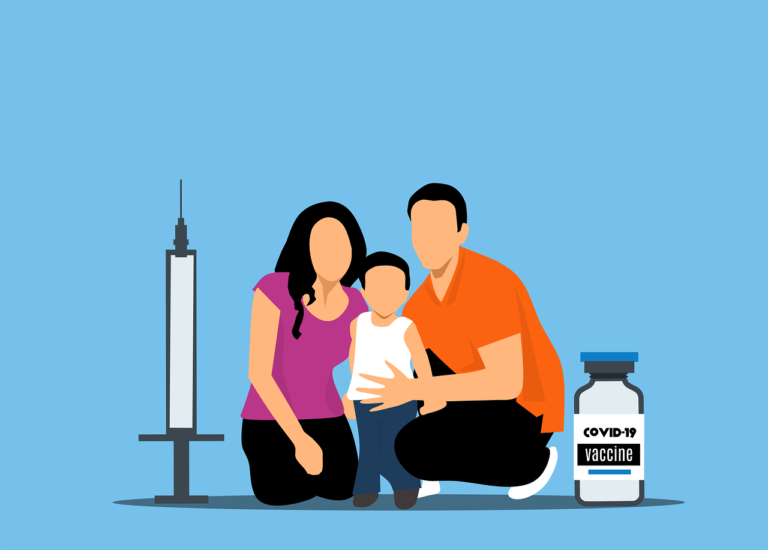Book Appointment Now

The Role of Public Health Nurses in Controlling the Spread of Infectious Diseases
Public health nurses are essential frontline workers in the fight against infectious diseases, playing a pivotal role in preventing, controlling, and mitigating the spread of outbreaks such as COVID-19, Ebola, and measles. Their contributions extend beyond direct patient care to include community education, disease surveillance, vaccination campaigns, and policy advocacy. This essay explores the multifaceted role of public health nurses in controlling infectious disease outbreaks, highlighting their interventions during major health crises and the impact of their efforts on public health outcomes.
Our nursing experts can deliver 100% custom paper about the role of public health nurses in controlling infectious disease according to your order instructions.
Write my nursing essay
The Importance of Public Health Nurses in Infectious Disease Control
Infectious diseases pose significant threats to global health, particularly during outbreaks that can rapidly escalate into pandemics. Public health nurses are uniquely positioned to address these challenges due to their expertise in community health, epidemiology, and health education. They serve as a bridge between healthcare systems and communities, ensuring that vulnerable populations receive timely and equitable care. During outbreaks, public health nurses are often the first responders, working to identify cases, trace contacts, and implement containment measures (Stanhope & Lancaster, 2020). Their role is critical in reducing transmission rates, preventing healthcare system overload, and minimizing the socioeconomic impact of infectious diseases.
Interventions During the COVID-19 Pandemic
The COVID-19 pandemic highlighted the indispensable role of public health nurses in managing infectious disease outbreaks. From the early stages of the pandemic, public health nurses were involved in surveillance and contact tracing, identifying individuals exposed to the virus and ensuring they adhered to quarantine protocols. Contact tracing, a cornerstone of COVID-19 containment efforts, required nurses to conduct extensive interviews, monitor symptoms, and provide guidance on isolation measures (CDC, 2021).
Public health nurses also played a key role in public education, disseminating accurate information about the virus, preventive measures, and vaccination. They addressed vaccine hesitancy by engaging with communities, dispelling myths, and promoting the safety and efficacy of COVID-19 vaccines (WHO, 2021). In underserved areas, nurses organized mobile vaccination clinics and partnered with community organizations to ensure equitable access to vaccines.
Additionally, public health nurses supported healthcare systems overwhelmed by COVID-19 patients. They assisted in triaging patients, providing care in temporary facilities, and ensuring continuity of care for individuals with chronic conditions. Their efforts were instrumental in reducing the burden on hospitals and preventing further spread of the virus (Houghton et al., 2020).
Public Health Nurses in the Ebola Outbreak
The Ebola virus outbreak in West Africa (2014-2016) demonstrated the critical role of public health nurses in managing highly contagious and deadly diseases. Public health nurses were at the forefront of efforts to control the outbreak, providing direct care to infected individuals while implementing stringent infection control measures. They trained local healthcare workers on proper personal protective equipment (PPE) use and safe burial practices to prevent transmission (WHO, 2015).
Community engagement was a central component of Ebola control efforts. Public health nurses worked closely with local leaders to educate communities about the virus, its transmission, and preventive measures. They addressed cultural beliefs and practices that posed risks, such as traditional burial rituals, and promoted behavior change to reduce infection rates (Bedford et al., 2019).
Public health nurses also contributed to surveillance and data collection, tracking cases and monitoring the spread of the virus. Their efforts were crucial in identifying hotspots and directing resources to areas with the greatest need. By collaborating with international organizations and local governments, public health nurses helped bring the Ebola outbreak under control, saving countless lives in the process.
Measles Outbreaks and Vaccination Campaigns
Measles, a highly contagious viral disease, remains a significant public health challenge, particularly in areas with low vaccination rates. Public health nurses have been instrumental in controlling measles outbreaks through vaccination campaigns and public education. During outbreaks, nurses conduct mass immunization drives, targeting unvaccinated individuals and high-risk populations such as children and immunocompromised individuals (Gastañaduy et al., 2018).
Public health nurses also address vaccine hesitancy, a major barrier to measles control. They engage with parents and caregivers, providing evidence-based information about the safety and importance of the measles vaccine. In communities with cultural or religious objections to vaccination, nurses work with local leaders to build trust and promote acceptance of immunization programs (Larson et al., 2020).
In addition to vaccination efforts, public health nurses play a key role in outbreak response by identifying cases, isolating infected individuals, and conducting contact tracing. Their rapid response helps contain outbreaks and prevent further spread of the virus.
Challenges Faced by Public Health Nurses
Despite their critical role, public health nurses face numerous challenges in controlling infectious diseases. Limited resources, workforce shortages, and inadequate funding often hinder their ability to respond effectively to outbreaks. During the COVID-19 pandemic, for example, many public health nurses experienced burnout due to overwhelming workloads and prolonged stress (Shaukat et al., 2020).
Cultural and logistical barriers also pose challenges, particularly in underserved and marginalized communities. Public health nurses must navigate language barriers, mistrust of healthcare systems, and socioeconomic constraints to deliver effective interventions. Addressing these challenges requires increased investment in public health infrastructure, workforce development, and community engagement initiatives.
Future Directions for Public Health Nursing
The lessons learned from recent infectious disease outbreaks underscore the need for continued innovation and investment in public health nursing. Strengthening the capacity of public health nurses through training, resources, and policy support will enhance their ability to respond to future outbreaks. Integrating technology, such as telehealth and digital surveillance tools, can improve the efficiency and reach of public health interventions (Hirsch et al., 2021).
Public health nurses must also advocate for policies that address health inequities and strengthen global health security. By promoting vaccination equity, improving access to healthcare, and addressing social determinants of health, public health nurses can help build resilient communities capable of withstanding future infectious disease threats.
Public health nurses are indispensable in controlling the spread of infectious diseases, as demonstrated by their proactive roles during outbreaks like COVID-19, Ebola, and measles. Through surveillance, vaccination campaigns, public education, and community engagement, they effectively reduce transmission rates and protect vulnerable populations. Despite facing significant challenges, public health nurses continue to adapt and innovate, ensuring that communities receive the care and support they need during health crises. The role of public health nurses in controlling infectious disease is crucial in not only managing outbreaks but also in prevention efforts, such as promoting hygiene and facilitating early detection. Strengthening their capacity through training, resources, and policy support will ensure they remain prepared to address future infectious disease threats and continue to safeguard public health worldwide.
References
- Bedford, J., Farrar, J., Ihekweazu, C., Kang, G., Koopmans, M., & Nkengasong, J. (2019). A new twenty-first century science for effective epidemic response. Nature, 575(7781), 130-136.
- Centers for Disease Control and Prevention (CDC). (2021). Contact tracing for COVID-19. Retrieved from https://www.cdc.gov/coronavirus/2019-ncov/php/contact-tracing.html
- Gastañaduy, P. A., Banerjee, E., DeBolt, C., Bravo-Alcántara, P., Samad, S. A., Pastor, D., … & Durrheim, D. N. (2018). Public health responses during measles outbreaks in elimination settings: Strategies and challenges. Human Vaccines & Immunotherapeutics, 14(9), 2222-2238.
- Houghton, C., Meskell, P., Delaney, H., Smalle, M., Glenton, C., Booth, A., … & Biesty, L. M. (2020). Barriers and facilitators to healthcare workers’ adherence with infection prevention and control (IPC) guidelines for respiratory infectious diseases: A rapid qualitative evidence synthesis. Cochrane Database of Systematic Reviews, 4(4), CD013582.
- Larson, H. J., Jarrett, C., Eckersberger, E., Smith, D. M., & Paterson, P. (2020). Understanding vaccine hesitancy around vaccines and vaccination from a global perspective: A systematic review of published literature, 2007–2012. Vaccine, 32(19), 2150-2159.
- Shaukat, N., Ali, D. M., & Razzak, J. (2020). Physical and mental health impacts of COVID-19 on healthcare workers: A scoping review. International Journal of Emergency Medicine, 13(1), 1-8.
- Stanhope, M., & Lancaster, J. (2020). Public Health Nursing: Population-Centered Health Care in the Community. Elsevier.
- World Health Organization (WHO). (2015). Health worker Ebola infections in Guinea, Liberia, and Sierra Leone. Retrieved from https://www.who.int/csr/resources/publications/ebola/health-worker-infections/en/
- World Health Organization (WHO). (2021). COVID-19 vaccines: Safety surveillance manual. Retrieved from https://www.who.int/publications/i/item/9789240032781







